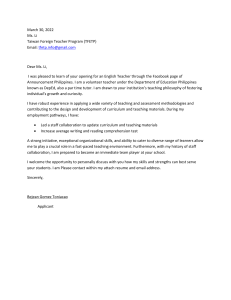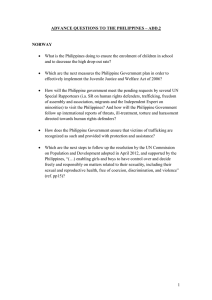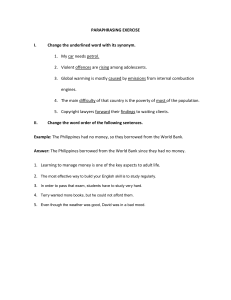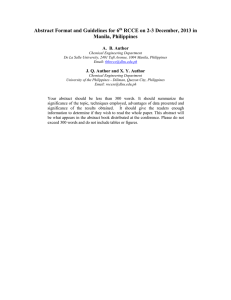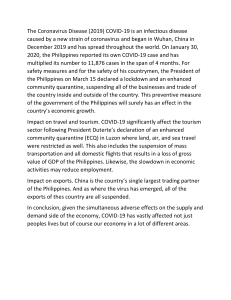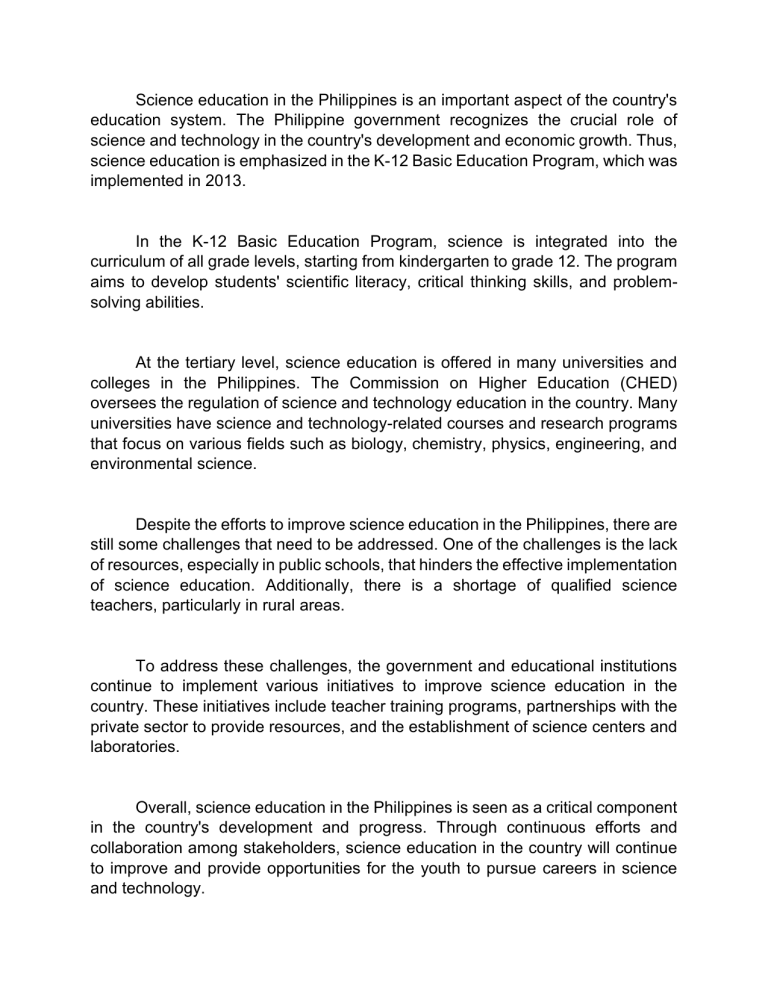
Science education in the Philippines is an important aspect of the country's education system. The Philippine government recognizes the crucial role of science and technology in the country's development and economic growth. Thus, science education is emphasized in the K-12 Basic Education Program, which was implemented in 2013. In the K-12 Basic Education Program, science is integrated into the curriculum of all grade levels, starting from kindergarten to grade 12. The program aims to develop students' scientific literacy, critical thinking skills, and problemsolving abilities. At the tertiary level, science education is offered in many universities and colleges in the Philippines. The Commission on Higher Education (CHED) oversees the regulation of science and technology education in the country. Many universities have science and technology-related courses and research programs that focus on various fields such as biology, chemistry, physics, engineering, and environmental science. Despite the efforts to improve science education in the Philippines, there are still some challenges that need to be addressed. One of the challenges is the lack of resources, especially in public schools, that hinders the effective implementation of science education. Additionally, there is a shortage of qualified science teachers, particularly in rural areas. To address these challenges, the government and educational institutions continue to implement various initiatives to improve science education in the country. These initiatives include teacher training programs, partnerships with the private sector to provide resources, and the establishment of science centers and laboratories. Overall, science education in the Philippines is seen as a critical component in the country's development and progress. Through continuous efforts and collaboration among stakeholders, science education in the country will continue to improve and provide opportunities for the youth to pursue careers in science and technology.


